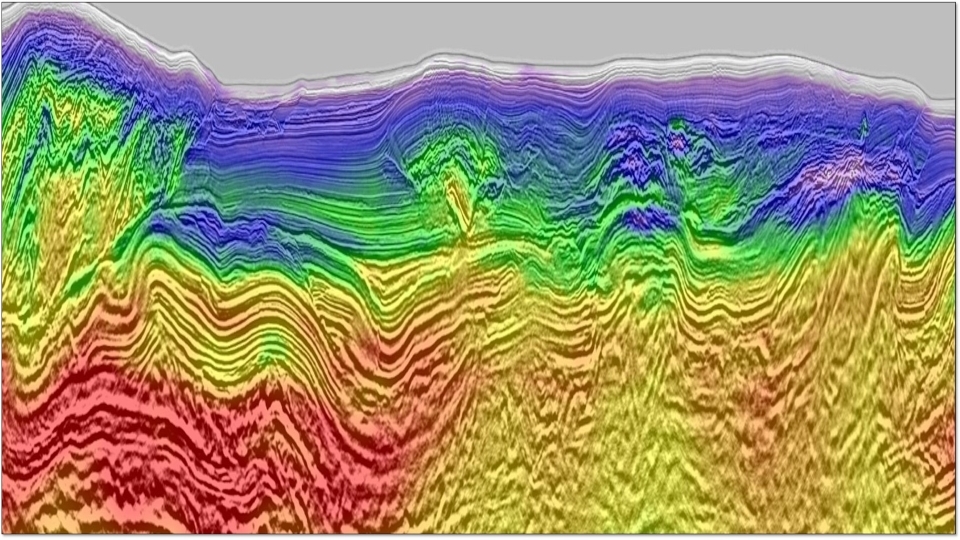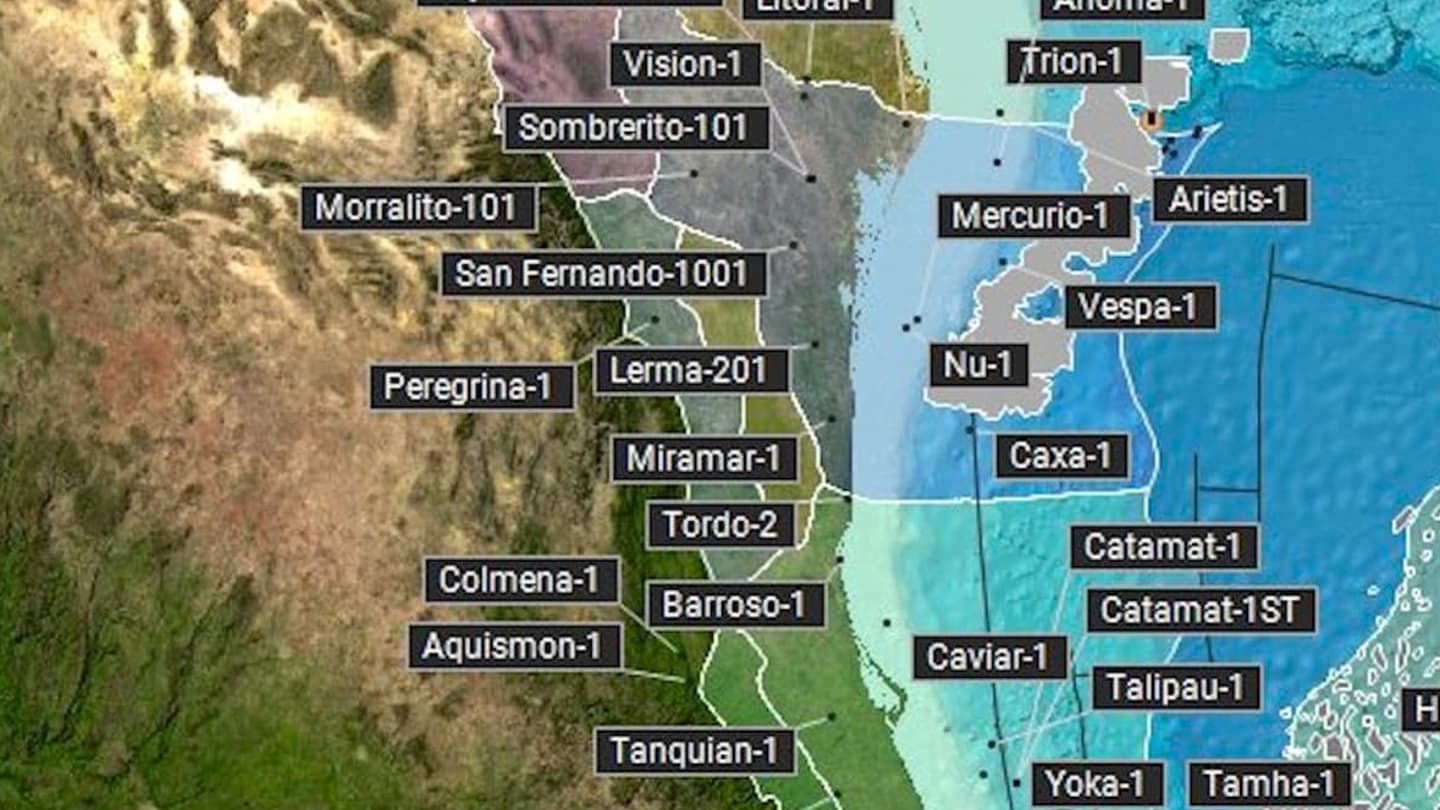Technical Abstract
FWI for the complex Walker Ridge salt province using streamer data
Back to Technical ContentMonument field is located in the northwest part of Walker Ridge in the Gulf of Mexico, with a Paleogene sandstone reservoir ?9 km below sea surface. The complicated overburden of low reflectivity shale bodies and complex salt geometries with steep salt flanks, multi-level weld systems, and large overhangs poses tremendous challenges to subsalt imaging, especially when the input data is suboptimal. Legacy images of streamer data from conventional velocity model building (VMB) driven primarily by manual salt interpretation, which could not systematically address the complicated overburden, show broken and distorted subsalt structures and thus render large uncertainties for further reservoir characterization. The well-proven Time-lag FWI (TLFWI) provides a leap in resolving the complex salt model and brings a step change to subsalt imaging. FWI Imaging leads to another step change in subsalt imaging by maximizing the illumination power of existing data through least-squares fitting of the full-wavefield data. Reprocessing using an iterative TLFWI and FWI-guided scenario VMB workflow and FWI Imaging technology makes the most out of the existing streamer data and obtains a step-change improvement in the subsalt image in this area. However, limited constraints from input streamer data can still bring challenges and uncertainties to the current results. This is especially true in deep sections beyond diving wave penetration depth, which require better input data with long offset, full azimuth, and good low frequency, such as Ocean Bottom Node (OBN), for the next level of subsalt imaging. Meanwhile, the strong elastic effects at the salt boundaries degrade the current velocity model obtained from TLFWI using only acoustic modeling. Therefore, we apply the recently developed elastic Time-lag FWI (E-TLFWI) to this streamer data, which gives a further improved velocity model with sharper salt boundaries and higher S/N, and better reverse time migration (RTM) image and FWI Image, especially around the complex salt boundary.
Download Resource 
Publications
SEG - Society of Exploration GeophysicistsAuthors
Dorothy Ren, Xin He, Siyun Xu, Fei Gao, Feng Lin, Jiawei Mei





